Deciphering The Fuel Efficiency Of The 2025 Toyota Highlander Hybrid
By admin / October 3, 2024 / No Comments / 2025
Deciphering the Fuel Efficiency of the 2025 Toyota Highlander Hybrid
Deciphering the Fuel Efficiency of the 2025 Toyota Highlander Hybrid
Introduction
With enthusiasm, let’s navigate through the intriguing topic related to Deciphering the Fuel Efficiency of the 2025 Toyota Highlander Hybrid. Let’s weave interesting information and offer fresh perspectives to the readers.
Table of Content
Deciphering the Fuel Efficiency of the 2025 Toyota Highlander Hybrid

The 2025 Toyota Highlander Hybrid’s fuel economy represents a significant advancement in the crossover SUV segment. Understanding its performance in miles per gallon (MPG) requires examining several contributing factors, including engine technology, drivetrain configuration, and driving conditions. This analysis delves into these aspects to provide a comprehensive understanding of the vehicle’s fuel efficiency.
Factors Influencing Fuel Consumption
The Highlander Hybrid’s impressive fuel economy stems from its sophisticated hybrid powertrain. This system combines a gasoline engine with electric motors, allowing for seamless transitions between power sources depending on driving demands. At low speeds and during deceleration, the electric motors primarily power the vehicle, significantly reducing fuel consumption. At higher speeds or under heavy acceleration, the gasoline engine kicks in, supplementing the electric motors for optimal performance. This synergy maximizes efficiency by utilizing the most appropriate power source at any given moment.
Regenerative braking further enhances fuel efficiency. During braking, kinetic energy is converted into electrical energy and stored in the hybrid battery. This stored energy is then used to power the electric motors, reducing the reliance on the gasoline engine and minimizing fuel consumption.
The vehicle’s aerodynamic design also plays a crucial role. Engineers have carefully sculpted the Highlander’s exterior to minimize wind resistance, reducing the energy required to maintain speed and thereby improving fuel economy. Lightweight materials are incorporated into the vehicle’s construction, further contributing to reduced fuel consumption.
Driving habits significantly influence fuel economy. Aggressive acceleration and frequent braking consume more fuel than smooth, consistent driving. Similarly, factors such as terrain, traffic conditions, and even tire pressure can affect the vehicle’s MPG rating. Consistent maintenance, including regular tire rotations and timely oil changes, also optimizes engine performance and fuel efficiency.
Technological Advancements Contributing to Efficiency
Toyota’s continuous development of hybrid technology is evident in the 2025 Highlander Hybrid. Improvements in battery technology, motor efficiency, and engine management systems contribute to the vehicle’s enhanced fuel economy compared to previous generations. These advancements result in a smoother driving experience and improved overall performance while simultaneously minimizing fuel consumption. The integration of advanced driver-assistance systems can also indirectly improve fuel efficiency by promoting smoother, more predictable driving patterns.
Expected MPG Ratings and Variations
Precise MPG figures for the 2025 Toyota Highlander Hybrid will be officially released closer to its launch date. However, based on previous models and industry trends, one can anticipate a significant improvement over its predecessors. The anticipated fuel economy will likely vary depending on the specific trim level and optional features. Furthermore, real-world driving conditions will inevitably differ from the standardized EPA testing procedures, leading to variations in observed MPG. Factors such as climate, altitude, and driving style will all contribute to the actual fuel consumption experienced by drivers.
Frequently Asked Questions
-
Q: What factors affect the actual fuel economy of the 2025 Toyota Highlander Hybrid?
- A: Actual fuel economy varies based on driving style, terrain, traffic conditions, weather, tire pressure, vehicle load, and the use of optional features like climate control.
-
Q: How does the hybrid system improve fuel efficiency compared to a gasoline-only engine?
- A: The hybrid system utilizes electric motors for low-speed driving and regenerative braking, reducing reliance on the gasoline engine and improving overall fuel efficiency.
-
Q: Will the 2025 model offer improved fuel economy compared to previous Highlander Hybrid models?
- A: Toyota consistently improves its hybrid technology. Expect the 2025 model to offer enhanced fuel economy compared to its predecessors.
-
Q: What is the expected range of the 2025 Toyota Highlander Hybrid on a single tank of fuel?
- A: The range will depend on the fuel tank capacity and the achieved fuel economy, which will vary depending on the aforementioned factors. Official figures will be released closer to the launch date.
Tips for Maximizing Fuel Efficiency
- Maintain proper tire pressure: Underinflated tires increase rolling resistance, reducing fuel efficiency.
- Drive smoothly and consistently: Avoid aggressive acceleration and braking.
- Utilize cruise control on highways: This helps maintain a consistent speed, minimizing fuel consumption.
- Minimize idling: Turn off the engine when parked for extended periods.
- Regular vehicle maintenance: Ensure timely oil changes, tire rotations, and other scheduled maintenance.
- Reduce vehicle weight: Avoid carrying unnecessary items in the vehicle.
- Plan routes to minimize stops and traffic: This can help reduce overall driving time and fuel consumption.
Conclusion
The 2025 Toyota Highlander Hybrid’s fuel efficiency is a key selling point, reflecting the continuous advancements in hybrid technology. While precise MPG figures remain to be officially confirmed, the expected improvements over previous models and the inherent advantages of the hybrid system point towards a significant increase in fuel efficiency. By understanding the factors that influence fuel consumption and implementing fuel-efficient driving habits, drivers can maximize the vehicle’s potential and minimize operating costs. The combination of technological advancements and responsible driving practices will ultimately determine the realized fuel economy of the 2025 Toyota Highlander Hybrid.
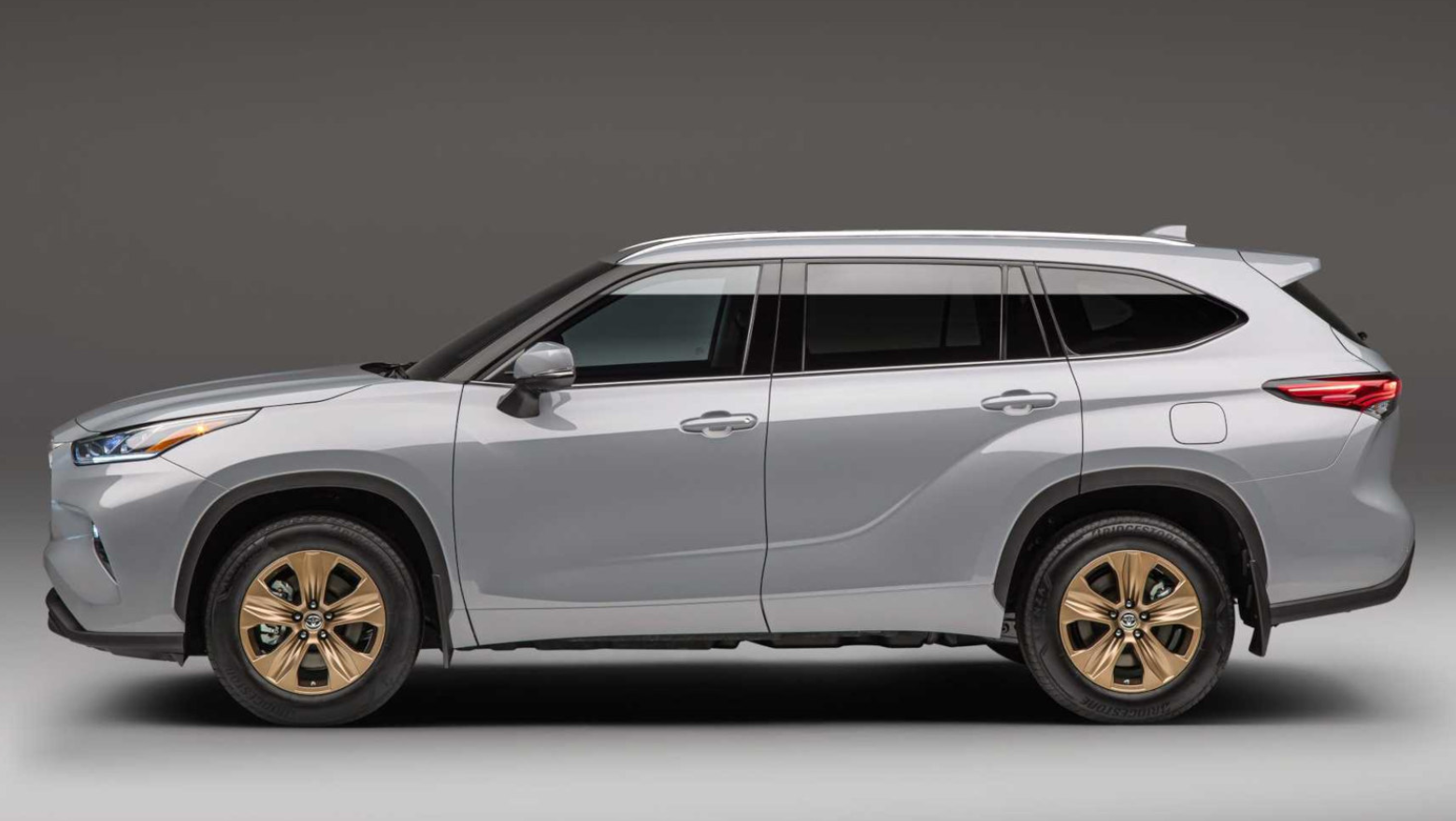
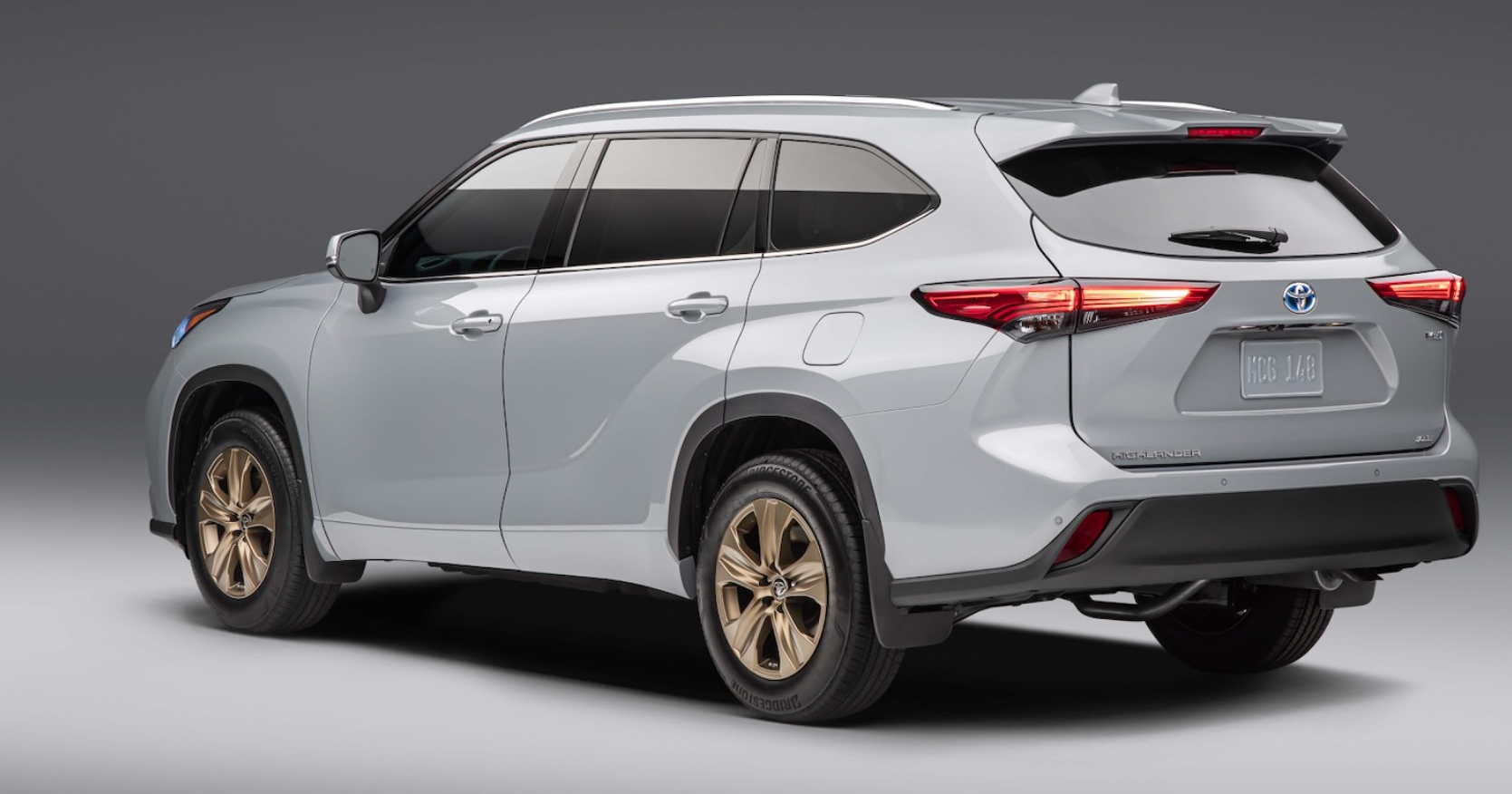
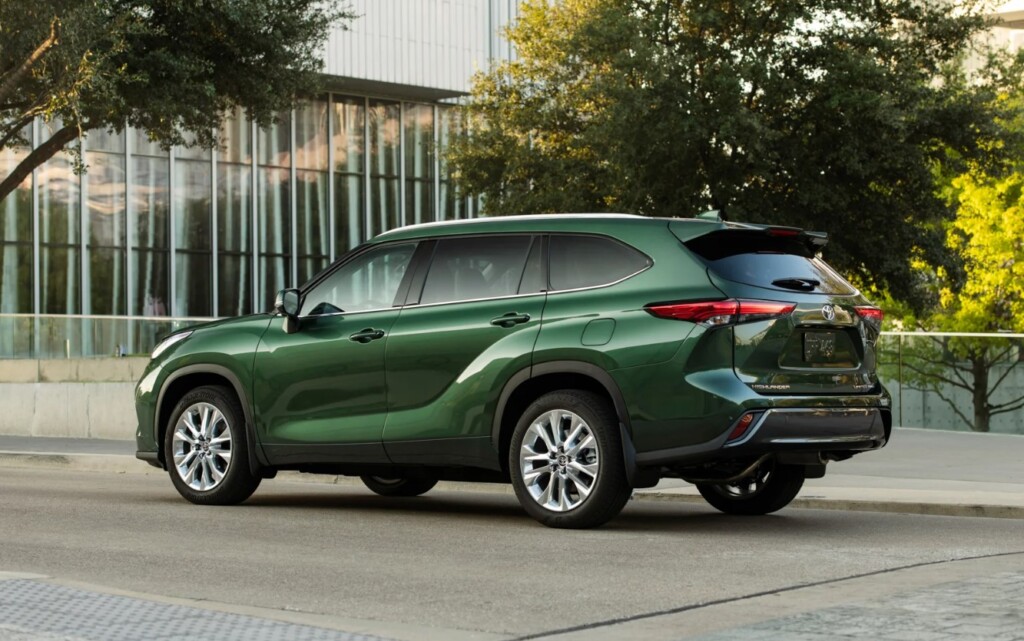
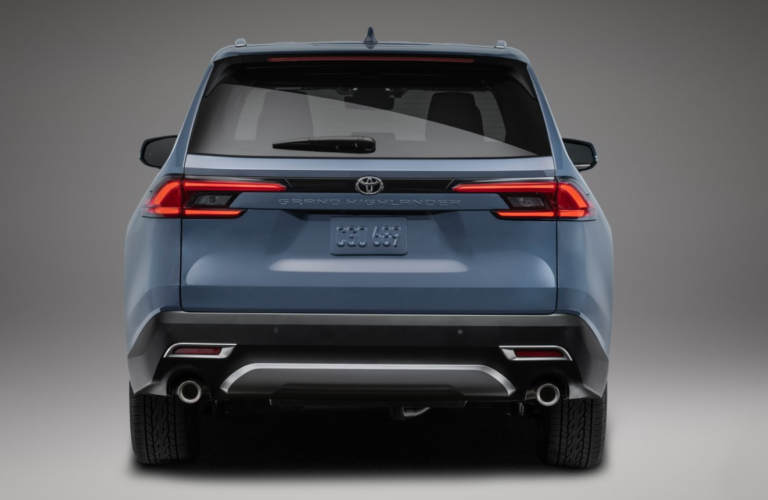
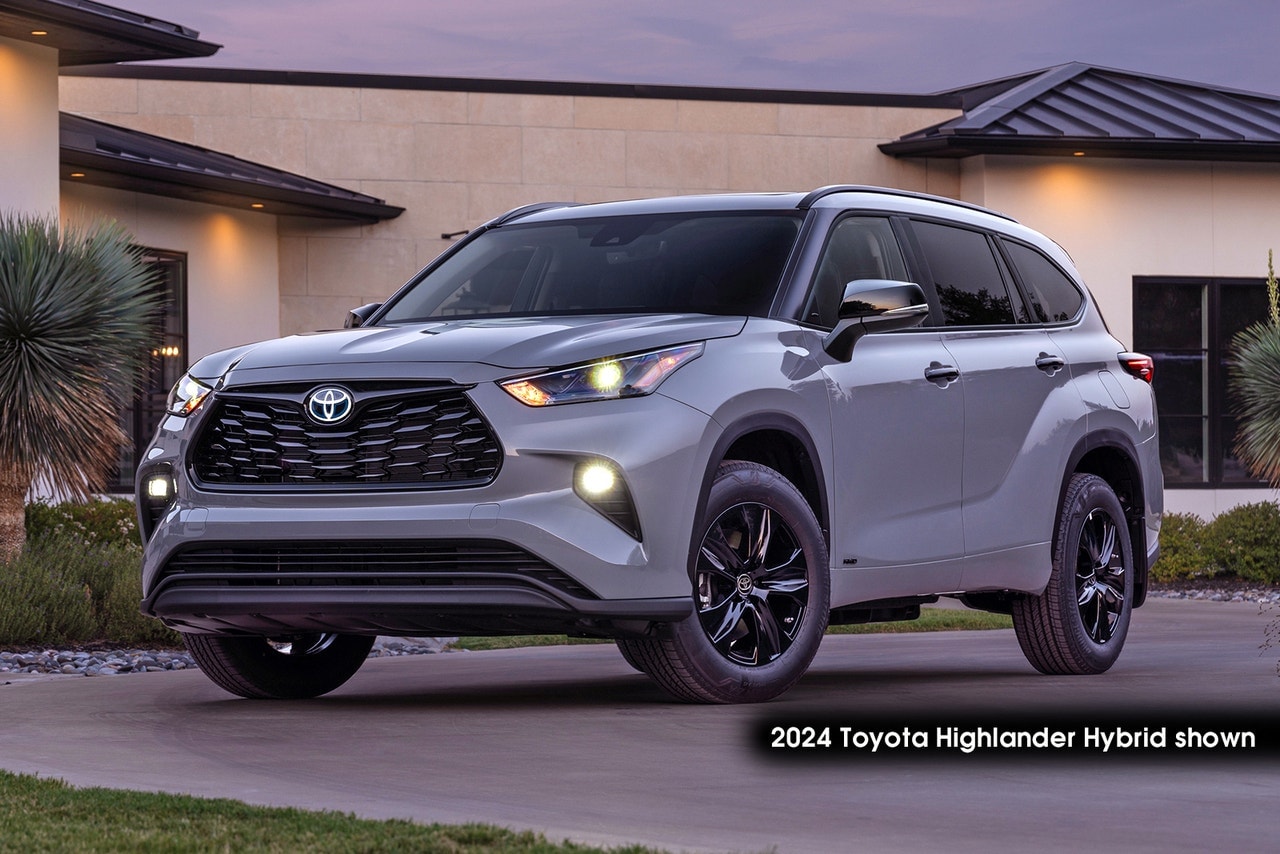



Closure
Thus, we hope this article has provided valuable insights into Deciphering the Fuel Efficiency of the 2025 Toyota Highlander Hybrid. We appreciate your attention to our article. See you in our next article!